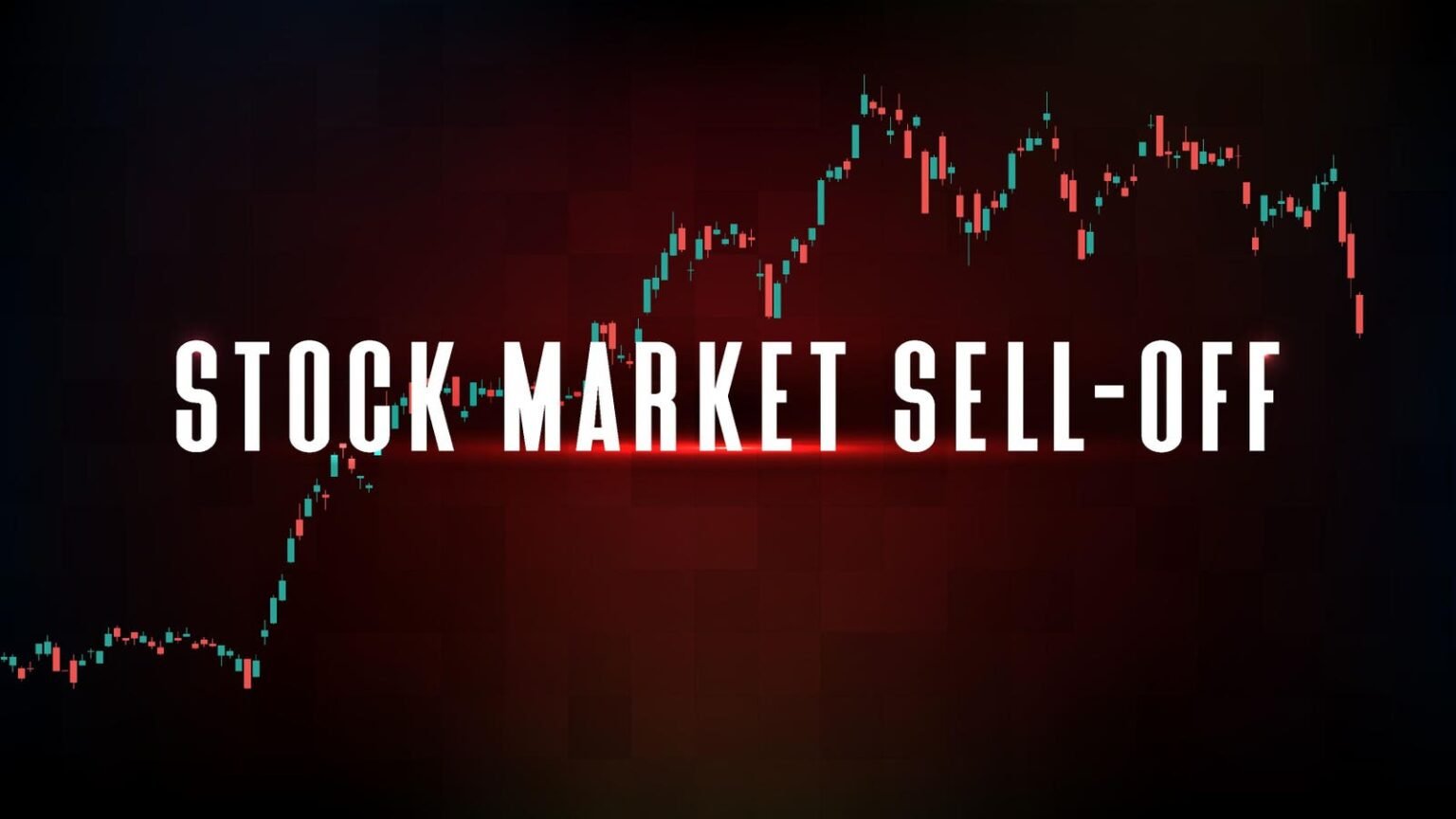Global stock markets are experiencing significant declines, with Japan’s Nikkei Index falling by 12.41% and Korea’s Kospi Index dropping 8.77%. Taiwan and Singapore also saw losses in their stock markets. In the U.S., the Dow, S&P 500, and NASDAQ were down 2-5% in early trading. The magnitude of this decline suggests a crisis rather than a routine correction, leading to concerns about the reason behind the dramatic sell-off.
One possible factor contributing to the stock market decline is weak job growth in the U.S., with only 114,000 jobs added in July. This has raised fears of a looming recession, potentially worse than previously anticipated. The VIX, or fear index, which measures fear over the next 30 days, has surged to over 60, indicating heightened investor anxiety. Typically ranging between 13-19, the VIX’s sharp increase suggests institutional investors are seeking to protect their stock positions from further losses.
Despite the stock market turmoil, the bond market appears to be functioning normally, with U.S. Treasuries seeing increased demand and falling yields. This flight to safety has led to rising bond prices, potentially signaling a shift towards safe-haven investments. Lower yields on treasuries could also lead to reduced mortgage rates, stimulating activity in the housing market. As investors continue to monitor these trends, the possibility of an interest rate cut by the Federal Reserve in September looms.
While concerns about a potential recession and market volatility persist, experts suggest that it may be too early to panic. The rapid increase in stock prices in recent months may indicate that the current downturn is a necessary correction. If the Fed does indeed lower interest rates in September, it could provide a boost to the stock market as investors seek to buy stocks at lower prices. As the situation continues to unfold, it remains to be seen whether the current market turbulence is a temporary correction or a sign of more significant economic challenges ahead.
Overall, the unprecedented stock market declines worldwide have sparked fears of a crisis, with investors closely monitoring key economic indicators for signs of stability. While the bond market appears to be offering some respite amidst the stock market turmoil, questions remain about the underlying causes of the sell-off. As the market correction runs its course, the possibility of further government intervention, such as an interest rate cut, could help stabilize investor confidence and pave the way for a potential rebound in stock prices.

